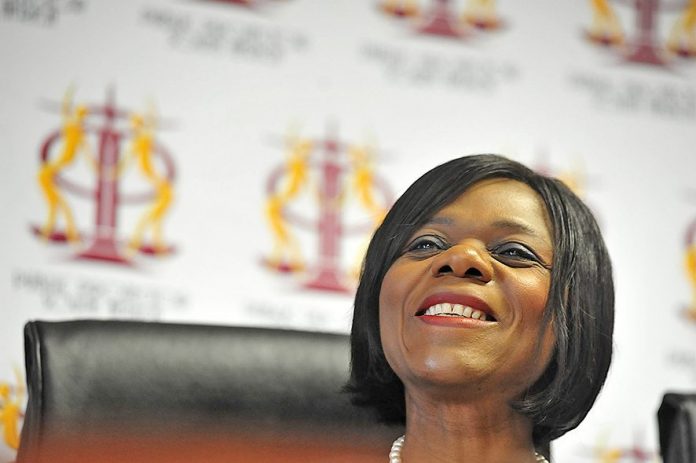On May 10 1994, South Africa closed an old chapter of colonialism, oppression and apartheid, leaping into a new era of great promise, coupled with the inauguration of the country’s first democratic president, Nelson Rolihlahla Mandela.
It was a momentous occasion. The birth of the new political order was preceded by the joyous booting out of the political power of the minority rule of the National Party on April 27 of the same year. Millions of South Africans watched in jubilation the ushering in of the new dawn, a new era of justice, equality and constitutionalism.
The tall and imposing figure of Mandela – the country’s soon to be commander-in-chief of the Republic, and former Robben Island prisoner political – was presidential, and ready to talk to the nation. “Today, all of us do, by our presence here… confer glory and hope to newborn liberty. Out of the experience of an extraordinary human disaster that lasted too long, must be born a society of which all humanity will be proud.
“Never, and never, and never again shall it be that this beautiful land will again experience the oppression of one by another…”
Words carry with them their own tone and magic; they harmonise poetically. They inspire, if they are well crafted. They give hope, as did the words of the country’s new constitution, uniting in diversity groups that were previously at each other’s throats.
The supreme law gave us section 1, which is the foundational provision; section 2, the supremacy clause; section 7, the obligation clause; section 36, the limitation clause and section 39, the interpretation clause. It also gave us the Chapter 9 state institutions as pillars on which democracy hangs.
But where am I going with all of this?
Perhaps, arguably, after Mandela in that pecking order, advocate Thuli Madonsela would be one of the shining by-products of the new order.
In 2009, she was appointed public protector, a position she held with distinction and dignity, prompting others to ask: is she not deserving of the Nobel Peace Prize?
Madonsela, in her work, is driven by the principles of social justice. And this endears her to South Africans in the same way Mandela did. She is loved and admired by many.
She is a priceless gift to this country. A great fighter for justice. As Women’s Month tapers to its end, might it not be right just to wish her strength in her work of social justice at Stellenbosch University, where she is also a professor of public law?
At the start of her tenure as public protector in 2009, she did her all for the little women and men, using her skill as a lawyer to protect the weak and vulnerable, and making life hard for the powerful in high places.
Strikingly, she was on the side of the Gogo Dlaminis of this world. This was to ensure they were never forgotten when deals of democracy were dished out. Gogo Dlamini represents all the less powerful citizens of the country who may not know their rights, who are subject to abuse and forced into positions of subservience and vulnerability by those who wield power such as politicians.
Former president Jacob Zuma had a frosty relationship with Madonsela, not without cause.
When he failed to comply with her remedial action on the R246-million Nkandla upgrades, the Constitutional Court ruled in her favour, chastising Zuma for failing to defend the constitution by refusing to comply with the public protector’s action, which the court ruled was binding.
A jubilant Madonsela said after the judgment: “Today the Constitutional Court has restored hope in the constitutional dream for every Gogo Dlamini out there who needs the public protector to hold the government accountable.”
The country owes Madonsela a debt of gratitude for always striving to be on the side of the Gogo Dlaminis of this country.
Whether the Nobel prize committee will cite her for her social justice work to protect Gogo Dlamini in time, is up to history to determine.
- Mdhlela is a freelance journalist, an Anglican priest, ex-trade unionist and former publications editor of the South African Human Rights Commission journals
Follow @SundayWorldZA on Twitter and @sundayworldza on Instagram, or like our Facebook Page, Sunday World, by clicking here for the latest breaking news in South Africa. To Subscribe to Sunday World, click here.



